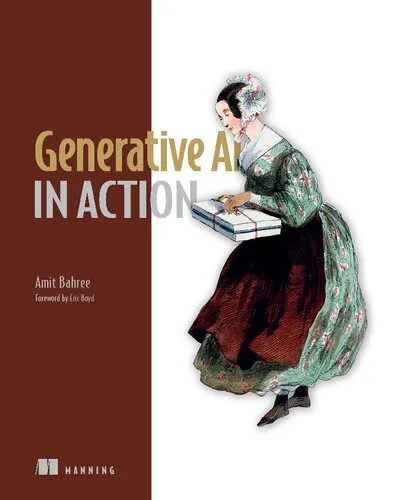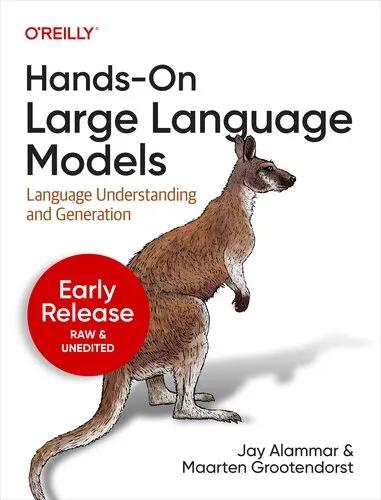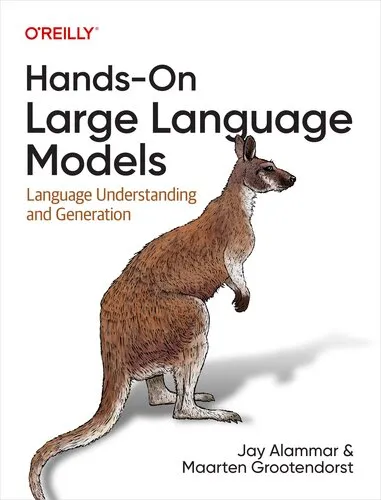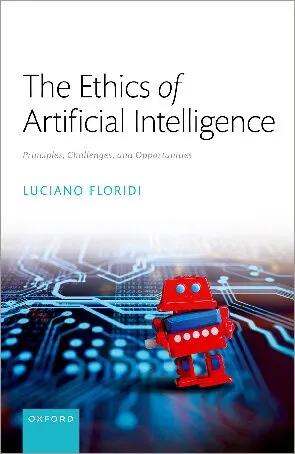Fairness and Machine Learning: Limitations and Opportunities (Adaptive Computation and Machine Learning series)
4.5
Reviews from our users

You Can Ask your questions from this book's AI after Login
Each download or ask from book AI costs 2 points. To earn more free points, please visit the Points Guide Page and complete some valuable actions.Related Refrences:
Fairness and Machine Learning: Limitations and Opportunities delves into the complex and often misunderstood interplay between algorithmic systems and societal values. As our world increasingly relies on machine learning algorithms for decision-making processes in areas like hiring, criminal justice, and healthcare, understanding the nuances of fairness becomes imperative. This book tackles these challenges head-on, providing readers with a comprehensive overview of the current landscape, limitations, and potential opportunities for improving fairness in machine learning.
Summary of the Book
The book begins by laying a foundational understanding of what fairness means in the context of machine learning. It explores different definitions and approaches to fairness, such as demographic parity and equal opportunity, and examines their implications in real-world applications. The authors, Solon Barocas, Moritz Hardt, and Arvind Narayanan, emphasize the importance of a multidisciplinary approach that combines technical, legal, and ethical perspectives.
Through detailed case studies and analysis, the book highlights instances where algorithms have failed to be fair and discusses the adverse impacts that these failures can have on individuals and groups. It critiques the current methodologies used in designing fair algorithms and points out the inherent trade-offs that often arise, such as the tension between fairness and accuracy.
The latter sections of the book shift towards the future, proposing potential avenues for developing more fair and just machine learning systems. It underscores the role of transparency, accountability, and stakeholder engagement in mitigating the risks of algorithmic bias. The authors argue for a cautious yet optimistic approach to the integration of algorithmic systems in socially sensitive domains.
Key Takeaways
- Understanding different definitions of fairness is crucial for developing ethically aligned AI systems.
- Fairness in machine learning often involves trade-offs that cannot be entirely eliminated, only managed.
- The integration of ethical and legal frameworks alongside technical advancements is necessary to tackle algorithmic bias effectively.
- Stakeholder involvement and transparency in the design of AI systems can enhance their fairness.
Famous Quotes from the Book
"The quest for fairness in machine learning is an ongoing conversation that must involve voices from all sectors of society."
"Fairness cannot be distilled into a singular definition or metric; it is a multifaceted concept influenced by context and application."
Why This Book Matters
The book 'Fairness and Machine Learning: Limitations and Opportunities' is instrumental in advancing the dialogue on the ethical implications of artificial intelligence and machine learning. In a world where algorithms influence numerous aspects of daily life, understanding and addressing concerns related to fairness is more urgent than ever.
This book offers a pragmatic approach to fairness, blending technical precision with ethical sensibility. It equips policymakers, researchers, and practitioners with the necessary tools and insights to develop more equitable algorithms. By acknowledging both the limitations and opportunities presented by machine learning, the authors provide a balanced framework that encourages responsible and inclusive technology development.
Free Direct Download
You Can Download this book after Login
Accessing books through legal platforms and public libraries not only supports the rights of authors and publishers but also contributes to the sustainability of reading culture. Before downloading, please take a moment to consider these options.
Find this book on other platforms:
WorldCat helps you find books in libraries worldwide.
See ratings, reviews, and discussions on Goodreads.
Find and buy rare or used books on AbeBooks.
1358
بازدید4.5
امتیاز0
نظر98%
رضایتReviews:
4.5
Based on 0 users review
Questions & Answers
Ask questions about this book or help others by answering
No questions yet. Be the first to ask!
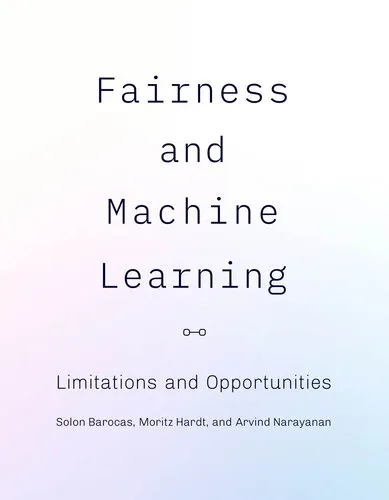

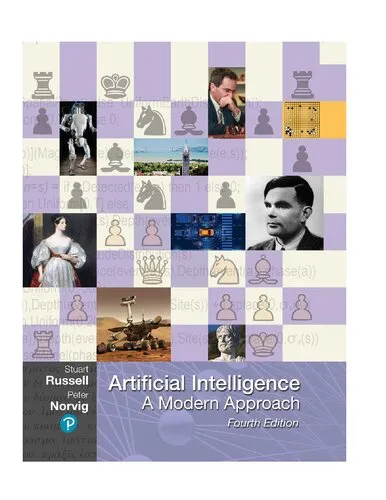
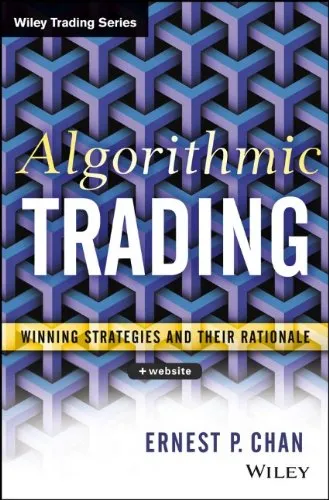
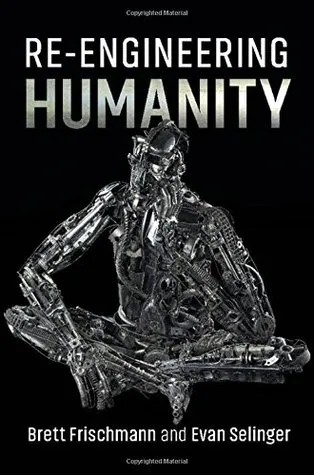


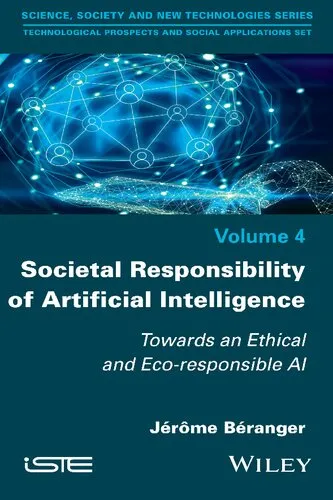
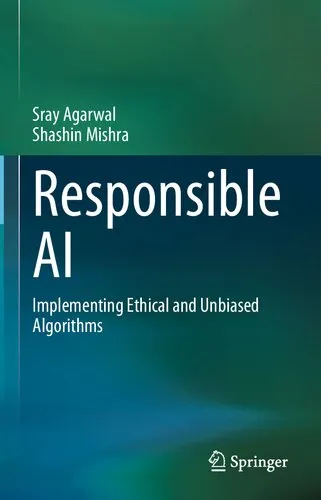
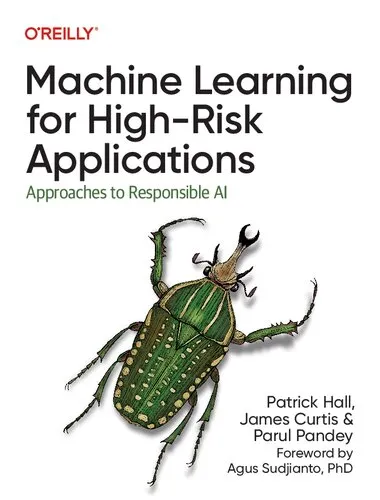
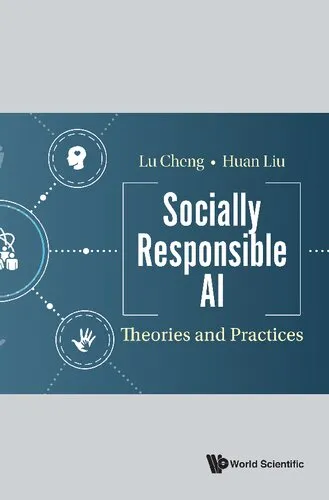
![Responsible AI in the Enterprise: Practical AI Risk Management for Explainable, Auditable, and Safe Models [Team-IRA]](https://s3.refhub.ir/images/thumb/Responsible_AI_in_the_Enterprise__Practical_A_8189.webp)
